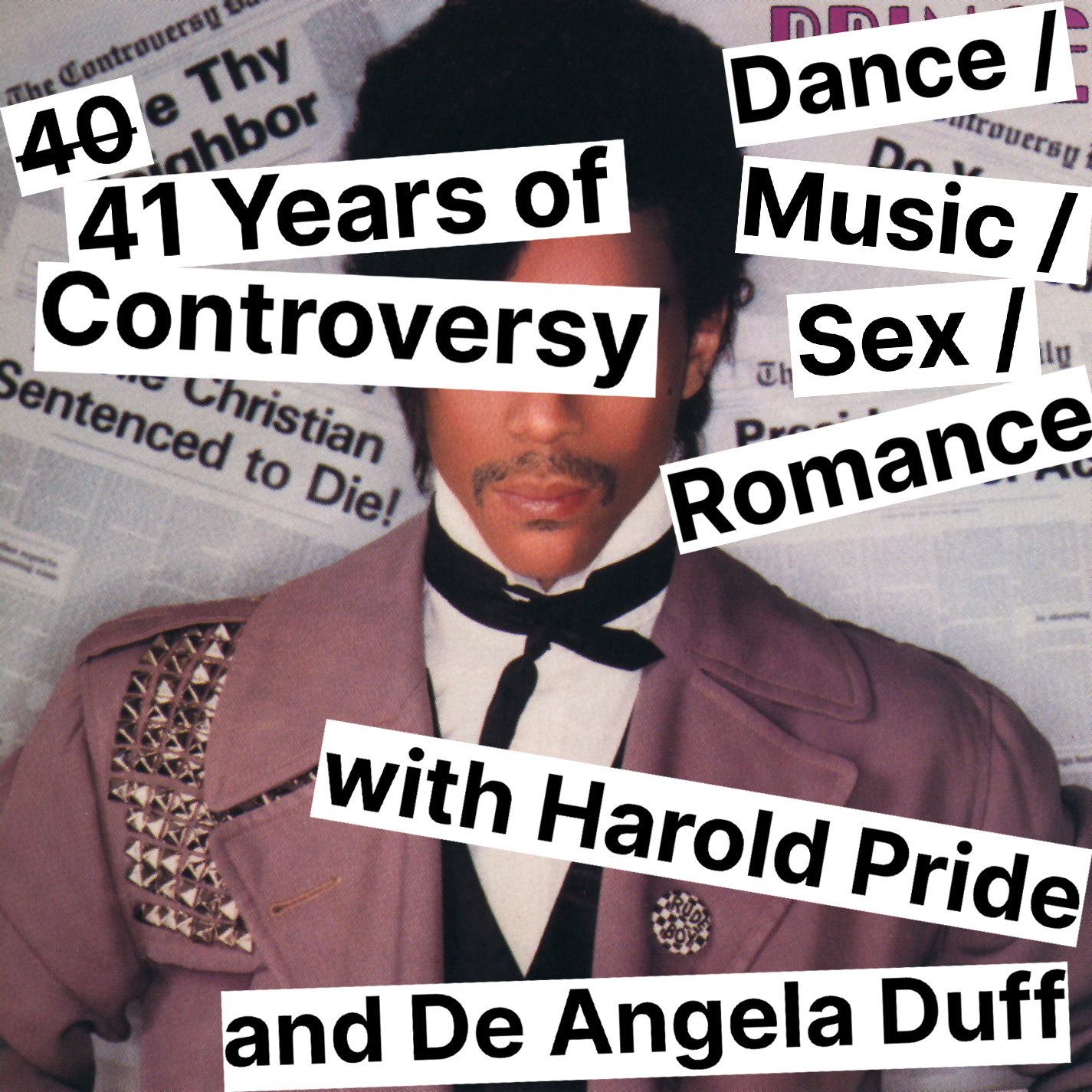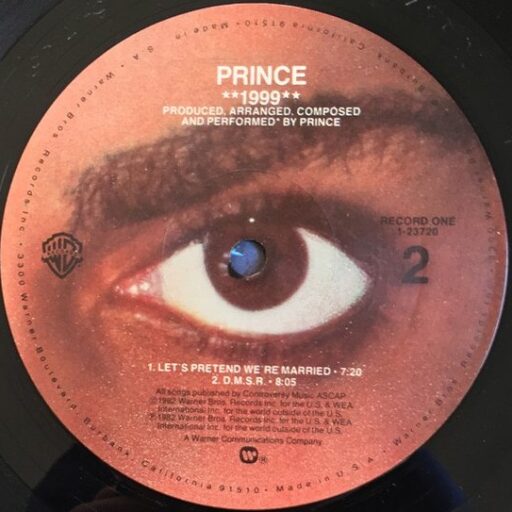Tag: barry white
-

Podcast: 41 Years of Controversy – A Conversation with Harold Pride and De Angela Duff
Here we are again, my first podcast in more than a year, and I couldn’t have asked for better guests than Harold Pride and De Angela Duff to discuss Prince’s fourth and quite possibly most underrated album, 1981’s Controversy.
-
Sex Machine: Grand Central, 1973-1976
Grand Central is easy to see as an anomaly in Prince’s career: probably because it seems strange for such a notorious control freak, even in his teenage years, to be a willing partner among equals.
